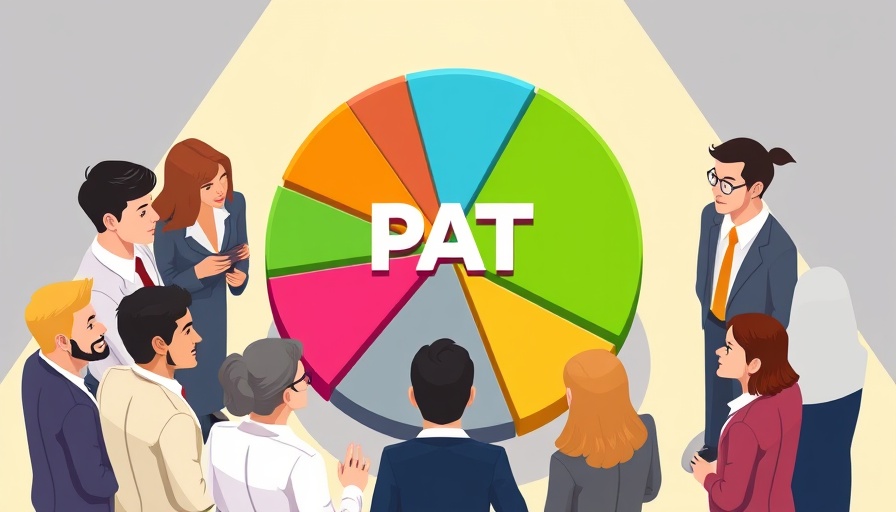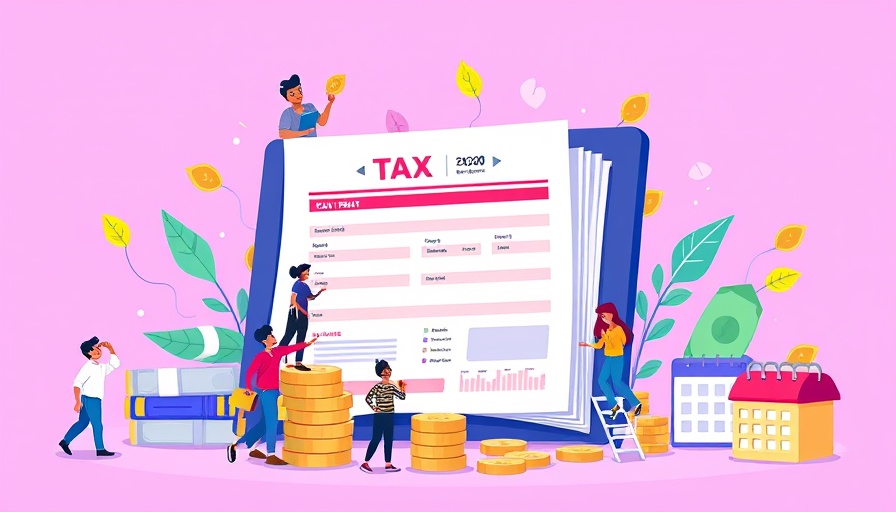
Understanding Your Tax Responsibilities Under the New Act
The recently passed One Big Beautiful Bill Act of 2025 (OBBBA) has introduced significant modifications affecting small businesses' tax responsibilities. With the bill becoming law on July 4th, the implications for business profits are poised to reshape financial landscapes for many business owners across the country.
Decoding Tax Rates: What Small Business Owners Can Expect
Under the new legislation, individual tax rates remain unchanged at 10%, 12%, 22%, 24%, 32%, 35%, and 37%. This stability prevents a tax hike that would have been implemented in 2026—a welcome relief for many who manage pass-through entities, as these rates directly impact their personal tax returns.
Qualified Business Income Deduction: An Ongoing Advantage
The OBBBA has solidified the Qualified Business Income (QBI) deduction, offering a significant benefit for small business owners. This 20% deduction enables business owners to decrease their taxable income, effectively reducing their tax burden while increasing their capacity to reinvest in their businesses. Notably, the threshold for this deduction has been raised, allowing more owners to qualify and benefit from reduced tax liabilities.
Favorable Treatment of Qualified Small Business Stock
New provisions for Qualified Small Business Stock (QSBS) present valuable opportunities as well. Under OBBBA, selling qualifying stock may offer exclusions ranging from 50% to 100%, depending on the holding period. This shift can substantially enhance returns for business owners, particularly in tech and manufacturing, which are foundational to the U.S. economy.
Future Implications: What Lies Ahead for Tax Policies
With the OBBBA's structural changes and permanent implementations being a reality, it sets a precedent for future tax policies affecting small businesses. As these provisions roll out, businesses are advised to adapt and optimize their financial strategies to align with the updated tax environment.
Understanding these changes is crucial for business lenders, banks, and financial advisors. Their insights into tax strategies will empower small businesses to navigate the new landscape effectively.
In a world where government regulations influence financial strategies, staying informed is imperative. Adaptation to these changes can yield benefits, making it essential for all stakeholders in the business ecosystem to engage with updated tax policies actively.
 Add Row
Add Row  Add
Add 




Write A Comment